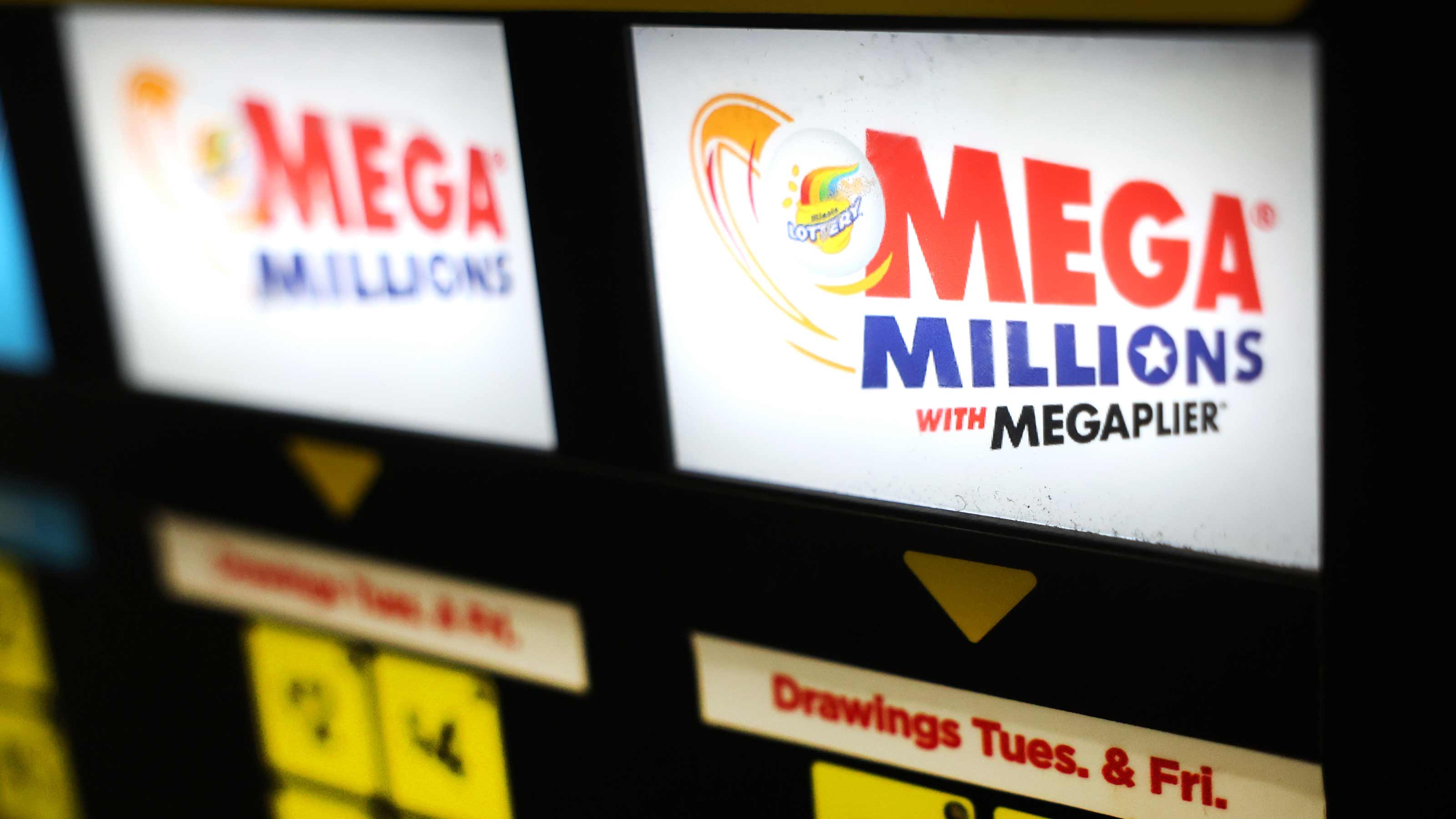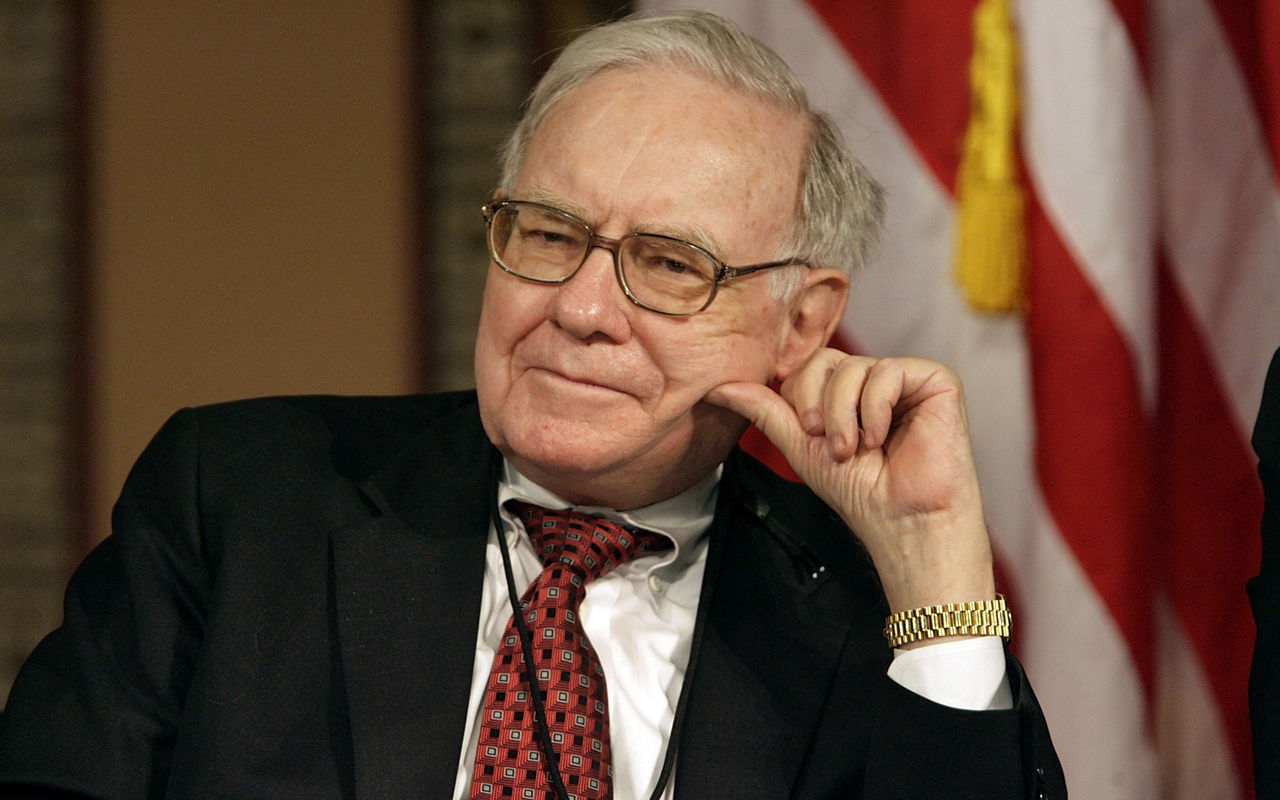Don't Fall Into the Diversification Trap
Researchers discovered that, when it comes to investment fees, diversification efforts can backfire.

Profit and prosper with the best of Kiplinger's advice on investing, taxes, retirement, personal finance and much more. Delivered daily. Enter your email in the box and click Sign Me Up.
You are now subscribed
Your newsletter sign-up was successful
Want to add more newsletters?

Delivered daily
Kiplinger Today
Profit and prosper with the best of Kiplinger's advice on investing, taxes, retirement, personal finance and much more delivered daily. Smart money moves start here.

Sent five days a week
Kiplinger A Step Ahead
Get practical help to make better financial decisions in your everyday life, from spending to savings on top deals.

Delivered daily
Kiplinger Closing Bell
Get today's biggest financial and investing headlines delivered to your inbox every day the U.S. stock market is open.

Sent twice a week
Kiplinger Adviser Intel
Financial pros across the country share best practices and fresh tactics to preserve and grow your wealth.

Delivered weekly
Kiplinger Tax Tips
Trim your federal and state tax bills with practical tax-planning and tax-cutting strategies.

Sent twice a week
Kiplinger Retirement Tips
Your twice-a-week guide to planning and enjoying a financially secure and richly rewarding retirement

Sent bimonthly.
Kiplinger Adviser Angle
Insights for advisers, wealth managers and other financial professionals.

Sent twice a week
Kiplinger Investing Weekly
Your twice-a-week roundup of promising stocks, funds, companies and industries you should consider, ones you should avoid, and why.

Sent weekly for six weeks
Kiplinger Invest for Retirement
Your step-by-step six-part series on how to invest for retirement, from devising a successful strategy to exactly which investments to choose.
Most investors know the importance of diversification, more colloquially known as not putting all of your eggs in one basket. Having a variety of investments has always been considered a sound portfolio practice because it ensures that when one investment declines, you’ve at least got a chance of having something else that gains. But blindly following even a good rule of thumb can do more harm than good.
That’s what behavioral finance researchers at Morningstar and the University of Chicago found in a recent experiment. They asked a nationally representative sample of 3,622 people to allocate a hypothetical $10,000 among three actual exchange-traded funds that tracked Standard & Poor’s 500-stock index. The three funds were essentially identical, except for fees: One ETF had an expense ratio of 0.40%, one charged 0.09% of assets, and the third charged 0.04%. Participants had all the information they needed to evaluate the funds. In fact, researchers experimented with different ways of displaying the fees and fund performance, which turned out to have no effect on which funds people chose. Half of the participants were told they could choose just one fund among the three; half were told they could allocate the money freely among all three funds.
The researchers discovered that when it comes to investment fees, diversification efforts can backfire. About 47% of the first group chose the cheapest fund option—the correct choice, given the identical makeup of the funds and similar performance records. But only 14% of investors with access to all three funds chose to put all of their money in the cheapest version. On average, those who could allocate freely put 27% of their money in the most expensive ETF, 31% in the middle-cost ETF and 42% in the cheapest.
From just $107.88 $24.99 for Kiplinger Personal Finance
Become a smarter, better informed investor. Subscribe from just $107.88 $24.99, plus get up to 4 Special Issues

Sign up for Kiplinger’s Free Newsletters
Profit and prosper with the best of expert advice on investing, taxes, retirement, personal finance and more - straight to your e-mail.
Profit and prosper with the best of expert advice - straight to your e-mail.
Freedom Can Be Expensive
The results show that when given the option, investors put a sizable portion of their money into high-cost investments when nearly identical low-cost options are available. “Investors are sensitive to fees, but an overreliance on diversification overrides that sensitivity,” says Morningstar behavioral scientist Ray Sin. Experiment participants who “naively diversified,” as behavioral scientists call the flawed strategy, incurred costs that were almost four times higher than those who invested only in the cheapest option. That’s the kind of drag on returns that compounds over time, with disastrous consequences.
Diversification snafus can be triggered by too many choices within a complex decision, say the researchers. That’s practically the definition of investing. And lest you think this was merely a theoretical exercise, Sin says that an examination of Morningstar’s database found multiple retirement plans with products that were essentially indistinguishable, except for their fees. “This is happening,” he says. “You might be wasting your money.”
The researchers recommend that investment advisers take a cue from Costco and curate the choices they offer investors, similar to the way the retailer offers a limited selection of high-quality goods at reasonable prices. Investors can curate their portfolios on their own by remembering that diversification is meant to give you exposure to different asset classes, such as stocks or bonds, or different sectors, industries or investment styles within those categories—but not different funds of essentially the same type.
Start by determining what’s appropriate for your goals and ignoring the rest; a 30-year-old focused on growth does not have to sort through a lot of bond funds, for example. And be discriminating within each category. For example, if you have more than one small-company growth stock fund, you’ve probably got too many. Finally, if you’re choosing among substantially similar funds—nearly identical in the case of index funds—lower expenses should be the most important factor in your decision.
Profit and prosper with the best of Kiplinger's advice on investing, taxes, retirement, personal finance and much more. Delivered daily. Enter your email in the box and click Sign Me Up.

Anne Kates Smith brings Wall Street to Main Street, with decades of experience covering investments and personal finance for real people trying to navigate fast-changing markets, preserve financial security or plan for the future. She oversees the magazine's investing coverage, authors Kiplinger’s biannual stock-market outlooks and writes the "Your Mind and Your Money" column, a take on behavioral finance and how investors can get out of their own way. Smith began her journalism career as a writer and columnist for USA Today. Prior to joining Kiplinger, she was a senior editor at U.S. News & World Report and a contributing columnist for TheStreet. Smith is a graduate of St. John's College in Annapolis, Md., the third-oldest college in America.
-
 How Much It Costs to Host a Super Bowl Party in 2026
How Much It Costs to Host a Super Bowl Party in 2026Hosting a Super Bowl party in 2026 could cost you. Here's a breakdown of food, drink and entertainment costs — plus ways to save.
-
 3 Reasons to Use a 5-Year CD As You Approach Retirement
3 Reasons to Use a 5-Year CD As You Approach RetirementA five-year CD can help you reach other milestones as you approach retirement.
-
 Your Adult Kids Are Doing Fine. Is It Time To Spend Some of Their Inheritance?
Your Adult Kids Are Doing Fine. Is It Time To Spend Some of Their Inheritance?If your kids are successful, do they need an inheritance? Ask yourself these four questions before passing down another dollar.
-
 How I'm Going to Invest My Mega Millions Lottery Jackpot
How I'm Going to Invest My Mega Millions Lottery JackpotThe odds of winning the Mega Millions lottery are effectively zero, but here's how I'm investing my fortune should I hit the jackpot.
-
 Four Random Facts and Thoughts About Warren Buffett
Four Random Facts and Thoughts About Warren BuffettIf I love Warren Buffett so much why don't I just marry him?
-
 Investing in Gold Is Dumb
Investing in Gold Is DumbStocks are better than gold for both generating wealth and offering protection against inflation.
-
 What's So Scary About a Mega-Cap Tech Bull Market?
What's So Scary About a Mega-Cap Tech Bull Market?Bears say the market can't keep rallying when only five mega-cap tech stocks are driving returns, but history suggests otherwise.
-
 We Are Not in a Bull Market
We Are Not in a Bull MarketIt takes more than a 20% gain off the low to proclaim the beginning of a new bull market.
-
 Why I Don't Buy Stocks
Why I Don't Buy StocksIt's nearly impossible to beat the market – but it is cheap and easy to match it.
-
 Amy Domini on the Secrets of Sustainable Investing
Amy Domini on the Secrets of Sustainable InvestingESG An ESG pioneer says finding good corporate citizens is the best way to make money.
-
 New Ways to Invest in Bitcoin
New Ways to Invest in BitcoinBecoming an Investor ProShares Bitcoin Strategy and other ETFs offer an easier way to gain bitcoin exposure than buying the actual cryptocurrency.